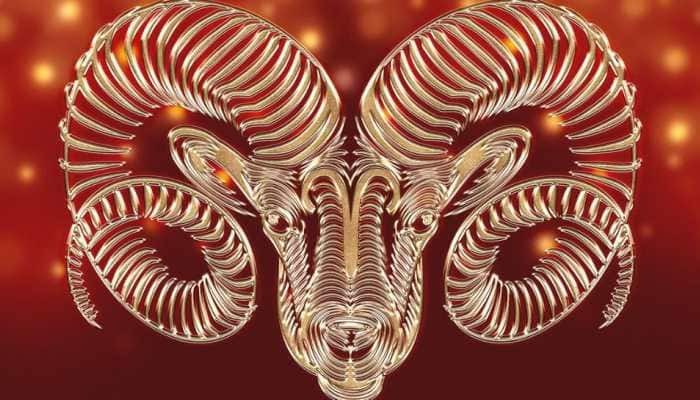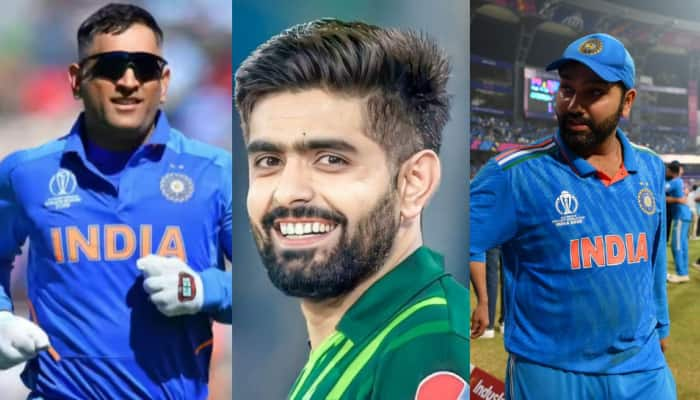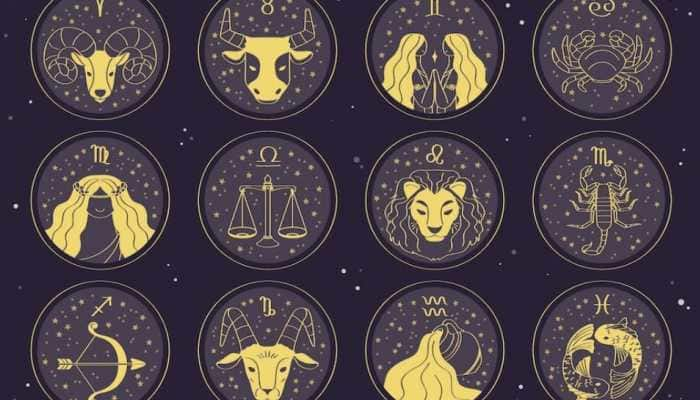Can BJP-PDP alliance give a stable government to Jammu and Kashmir?
Trending Photos
)
On March 01, 2015, Jammu and Kashmir finally got an elected government after more than two months of Assembly polls when PDP patron Mufti Mohammad Sayeed was sworn-in as the Chief Minister of the state. On the same day history was created when the Bharatiya Janata Party (BJP) became a part of the government in J&K for the first time.
In attendance to witness the oath-taking ceremony was Prime Minister Narendra Modi, wherein apart from PDP MLAs, BJP MLAs also took oath as ministers. For Modi, this must have seemed a home-coming of sorts and also a very satisfying moment. After all, more than twenty years ago, on January 26, 1992, when veteran BJP leader Dr Murli Manohar Joshi, who was the party president then, had hoisted the tricolour at Srinagar’s Lal Chowk, as part of the Ekta Yatra when militancy was at its peak in the state, Modi was the man who was Joshi’s aide and was hailed for the precise and meticulous organisation of
the whole affair.
It must have also given Modi satisfaction due to the fact that he had invested a lot in the state, right from his trips during devastating floods, to spending Diwali there, to campaigning extensively in the Valley and managing to come up with the best ever performance by bagging 25 seats in the 87-member Assembly, even though all its seats came from the Jammu region.
J&K has been a state where the BJP has always wanted to have a stake, right from the time when Bharatiya Jana Sangh (which later evolved into BJP) founder, Syama Prasad Mukherjee termed the arrangement under Article 370 as the Balkanisation of India and launched a massive protest to get the provisions removed. (He was arrested in 1953 while crossing Kashmir at Lakhanpur. Later he died in detention.)
However, the PDP-BJP coalition government in J&K really did not get off to the kind of start the saffron party would have wanted, with Sayeed, soon after taking oath, telling the media that credit must be given to people from across the border, an oblique reference to Pakistan, Hurriyat and militant outfits, for “allowing conducive atmosphere” for Assembly polls in the state.
Naturally, the Opposition jumped at the remarks with NCP leader Omar Abdullah taking a dig at the PDP and the Congress asking the BJP to explain as to what exactly Sayeed meant. The BJP did attempt at damage control by saying that peaceful polls were conducted in the state due to the support of Election Commission, Army and of those who believe in the Indian Constitution but the above controversy does give a glimpse of what lies ahead.
And if this was not enough, some PDP leaders raked the issue of Afzal Guru asking his mortal remains to be returned to the Valley. Thus, even those who are most hopeful of the BJP-PDP alliance and want it to succeed are forced to question the fragility of it.
As of now, the PDP seems to have softened its stand on Armed Forces Special Powers Act (AFSPA) and the BJP, which has been demanding the abrogation of Article 370 (which grants special status to J&K), has taken a complete U-turn, deciding to maintain a status quo. Also, as of now both the parties have left open the issue of rehabilitation of West Pakistan refugees, instead talking about political and developmental issues in their ‘Agenda for Alliance’.
But the moot point is for how long? The fact that it took them two months to work out the arrangement of the alliance and agree on a common minimum programme, shows how ideologically dissimilar BJP and PDP are. Accepting this fact, Sayeed did say that a BJP-PDP government in J&K was like the ‘coming together of the North Pole and South Pole’.
The PDP had maintained in its manifesto that it would review the Disturbed Areas Act and its leaders had said that if voted to power, the party would ensure that AFSPA was withdrawn from J&K. On the other hand, the BJP had opposed any withdrawal of the AFSPA.
Regarding the contentious issue of the rehabilitation of refugees from Western Pakistan (who are mostly Hindus), the BJP wants the state government to give them citizenship and equal rights but the people in the Valley are against it as they feel that the move may alter the demography of the state. As of now the BJP-PDP ‘agenda’ says it will work out a one-time settlement for the refugees who came into the Valley in 1947, 1965 and 1971.
Not to forget the fact that their campaign against each other was bitter, with PM Modi mocking Mufti-Mehbooba team as 'Baap-Beti ki Jodi' (Father-daughter team). For their part, the PDP had urged voters to vote for them, citing the danger of a BJP government in the Valley. PDP has also been accused of soft separatism by certain quarters of the BJP.
However, now that they have decided to join hands, the challenge for them is to look ahead and concentrate on development in the state. The kind of verdict that the PDP and the BJP have received also presents them with an opportunity of resolving the animosity between the Jammu and the Kashmir region. It cannot be forgotten that BJP’s rise in Jammu was mainly because of the role it played during the Amarnath land transfer dispute.
But now, the BJP has to shun the so-called ‘communal politics’ and assure all that it wants stability in J&K. If PM Modi wants to take everyone along then he has to make the Valley also a part of 'aspirational India'.
The fact that the BJP did not insist on a rotational system of chief ministers and settled for a Deputy CM may be an indication that it wants the J&K government - of which it is part of for the first time - to be stable. Another aspect is that by aligning with the PDP, the BJP has scored a brownie point and got back at their opponents who term it as ‘untouchable’ and ‘communal’.
On its part, the PDP must steer clear from appeasing the ‘separatists’ and those across the border. Remarks that Mufti passed on Pakistan and Hurriyat after being sworn-in was at best unwarranted. Firstly, those who want to break India are secessionists and cannot be appeased. Secondly, Pakistan must be condemned for any acts of terror against India and there is nothing to be thankful to them for.
It is a known fact that Mufti is all for dialogue with separatists and the Hurriyat and is also keen on talks with Pakistan. That in itself is not a bad idea if the involved parties shun bloodshed and refrain from anti-India rhetoric. LK Advani, as Deputy PM in Atal Bihari Vajpayee's government, had held discussions with the Hurriyat, so maybe the saffron party might not object too much if the PDP initiates a dialogue with them but it will have to be done without embarrassing them.
And needless to say, the PDP must resist the temptation of playing politics by raking up the matter of terrorists like Guru who waged war on India. Mufti’s party must realise that vote bank politics has its limits. Otherwise, the BJP will have a hard time explaining the stand taken by its ally and it will also render the tie-up between both the parties as weak and vulnerable.
Thus, it will be interesting to watch whether both the BJP and PDP can put contentious issues on the backburner, rise above party interests and get down to the basic task of governance. For now, Modi and Sayeed have hugged. But, tomorrow is another day.
Live Tv







)
)
)
)
)
)
)
)
)
)
